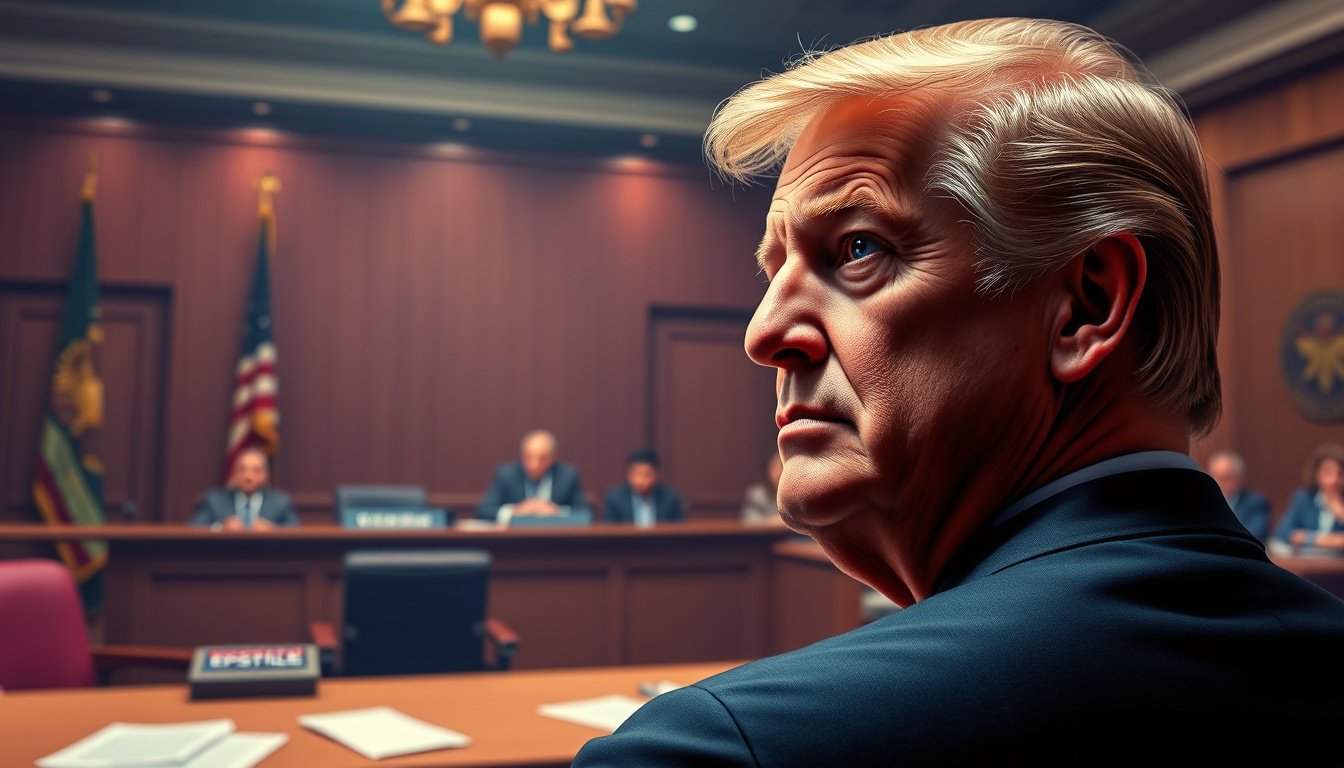Arizona is currently embroiled in a high-stakes legal confrontation involving House Speaker Mike Johnson, the delayed swearing-in of Democratic congresswoman-elect Adelita Grijalva, and the potentially explosive release of the Jeffrey Epstein files. This ongoing dispute highlights the tension between procedural politics and constitutional rights, with deep implications both locally and nationally.
Adelita Grijalva, 54, secured a decisive victory in a special election held on September 23, winning Arizona’s 7th congressional district with nearly 70 percent of the vote. She is set to fill the seat left vacant by the passing of her father, Raul Grijalva, earlier this year. Despite her clear mandate from the voters, Grijalva remains unable to take her oath of office nearly a month after her win, an unprecedented delay that has sparked legal threats and public outcry.
Arizona Attorney General Kris Mayes has directly challenged House Speaker Mike Johnson over his refusal to swear in Grijalva, threatening legal action if he continues to block her seating. In a formal letter, Mayes emphasized that the people of Arizona have an undeniable constitutional right to full representation in the House, calling Johnson’s delay an unacceptable tactic and potential abuse of power. Johnson maintains that he will swear in Grijalva once the current U.S. government shutdown concludes and the House resumes normal legislative sessions. However, Mayes and others see this explanation as a pretext.
Central to this controversy is speculation about Grijalva’s role in advancing a discharge petition that could compel a House vote on releasing secret files related to Jeffrey Epstein, the late financier accused of heinous crimes. Mayes has suggested that Johnson’s hesitation might be an effort to avoid empowering Grijalva, who would be the critical 218th signature needed to trigger that vote. Johnson denies any connection, insisting the delay is strictly due to the shutdown.
The legal basis for forcing Johnson’s hand appears strong. Past precedent shows that special election winners have been sworn in during pro forma sessions of Congress, even amidst shutdowns. For instance, earlier this year, Florida Republicans won special elections and were promptly sworn in during such sessions. Mayes has indicated that if Johnson does not relent, she will seek a declaratory judgment from the courts to compel the swearing-in, arguing that continued refusal infringes on Arizonan voters’ rights and contravenes constitutional norms.
Meanwhile, Grijalva has expressed her frustration publicly, posting videos outside Johnson’s office and noting that although she received her Capitol office keys, the space lacks essential resources such as a phone or internet, hampering her ability to serve. The House Women’s Caucus has also rallied in support of her swift seating.
As the government shutdown extends beyond two weeks with no resolution in sight, this standoff exemplifies how political maneuvering can impede democratic processes. For Arizona, the stakes are particularly personal and poignant, as Adams Grijalva’s ascendance continues the legacy of her late father and represents a commitment to the district’s priorities.
Ultimately, this showdown between Adelita Grijalva and Mike Johnson is not just about one Congresswoman’s oath but about upholding the principle that elected representatives must be seated according to the will of the voters—regardless of wider political battles or potential revelations tied to contentious documents like the Epstein files. The outcome of this conflict could set important precedents for both the balance of powers in Washington and the broader fight over transparency and justice in American politics.










